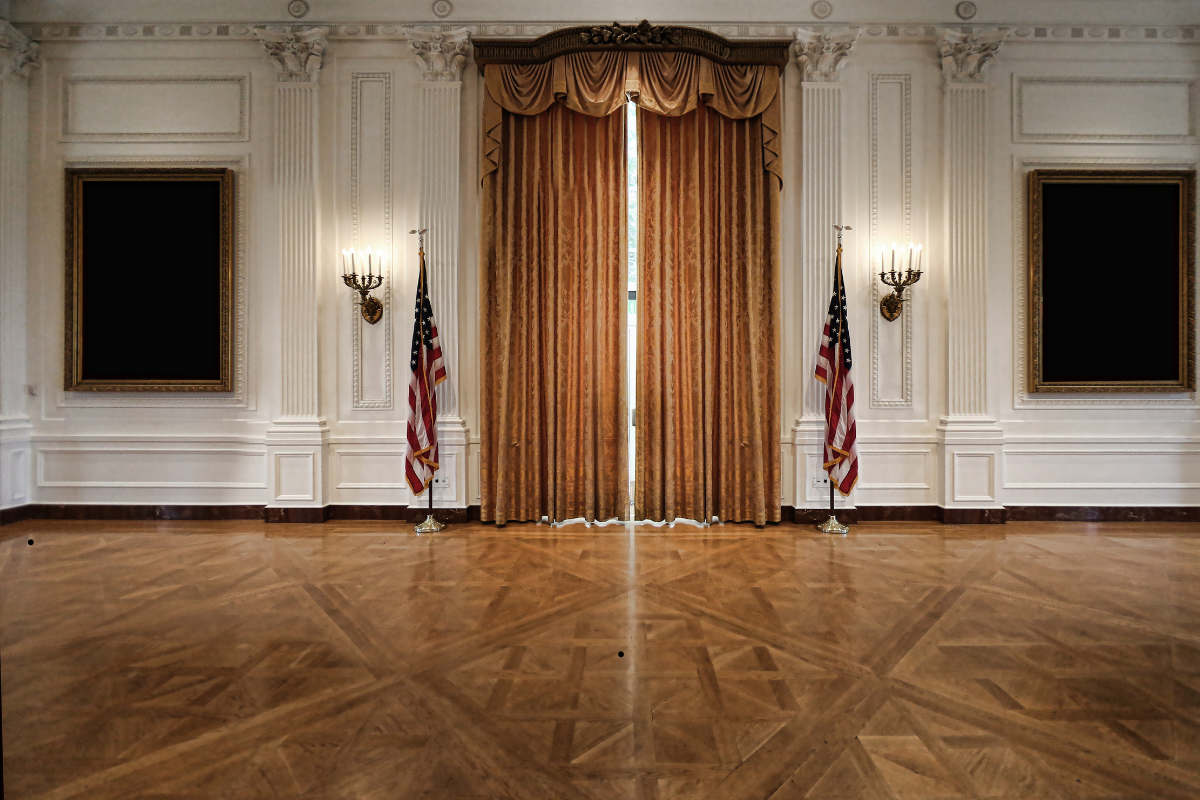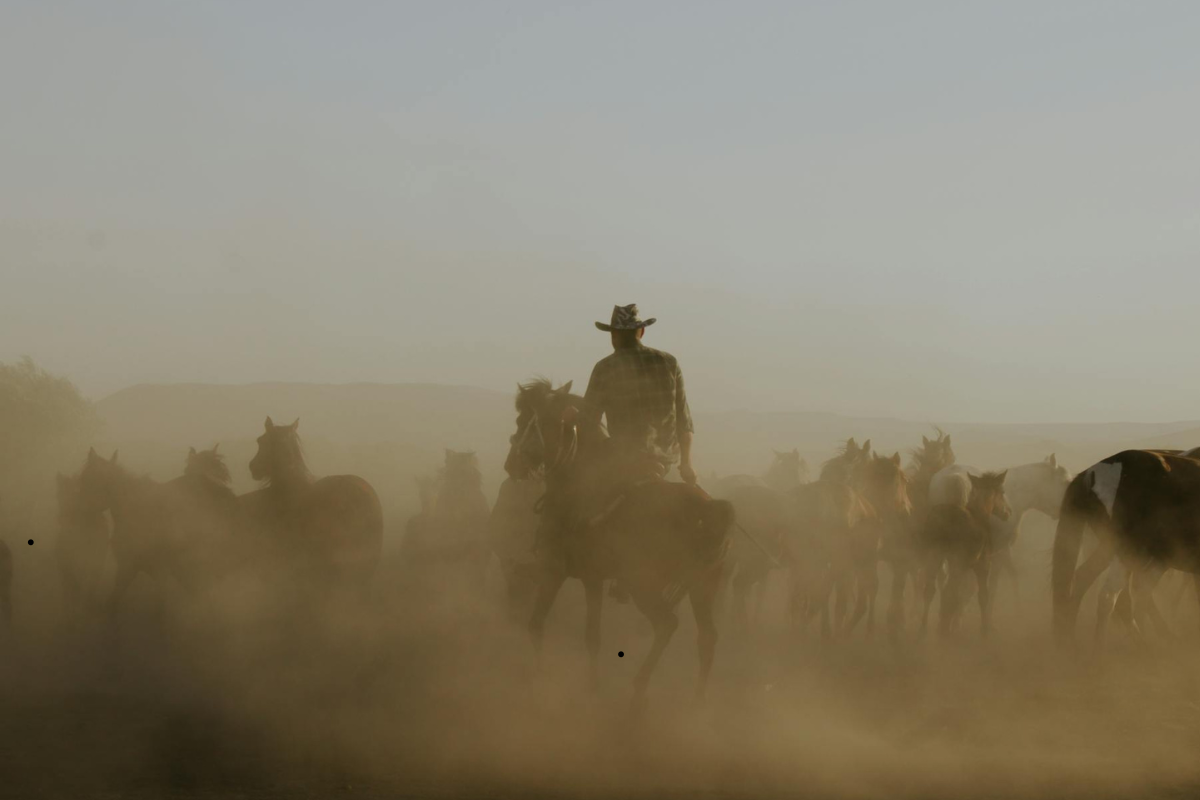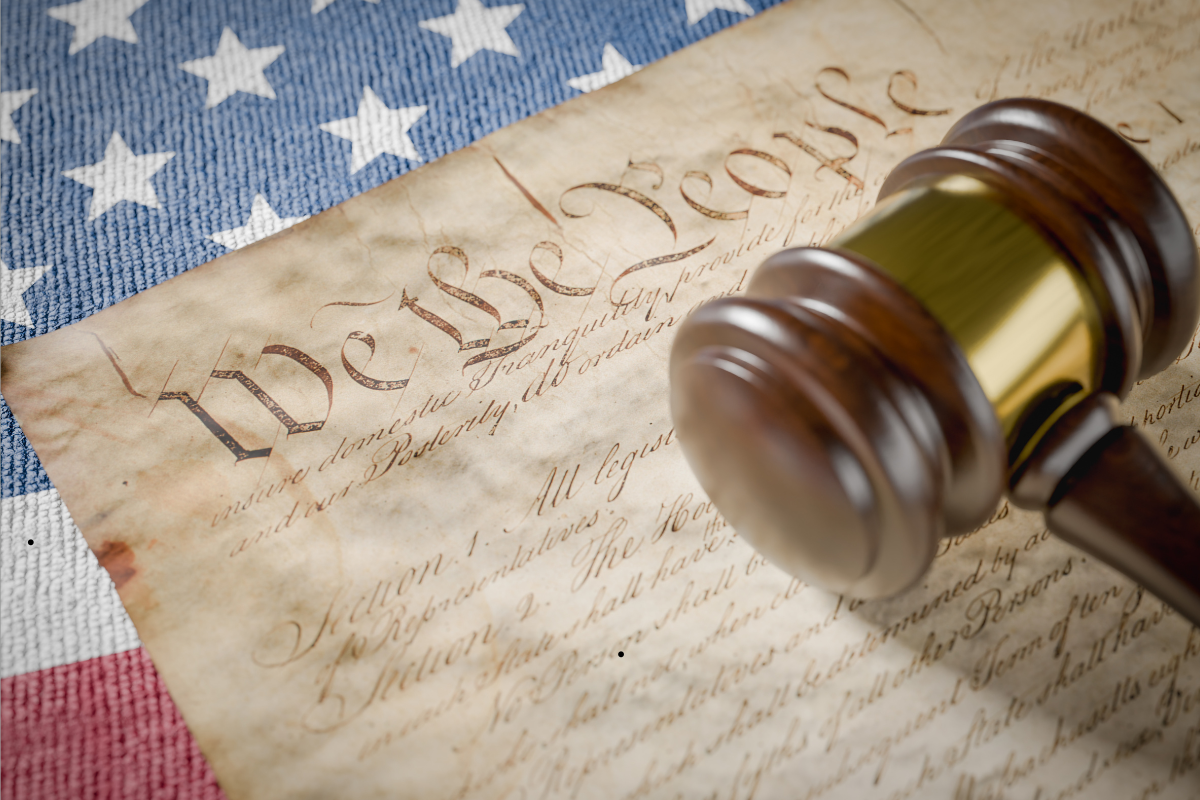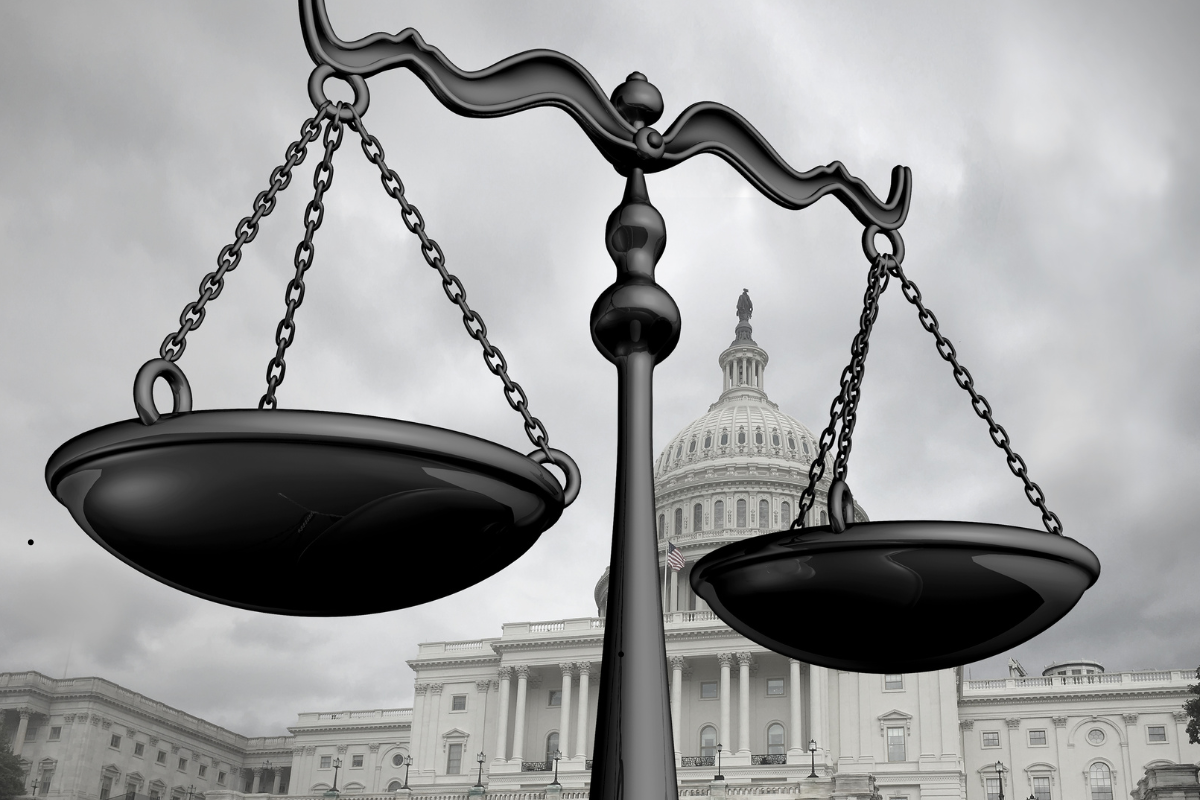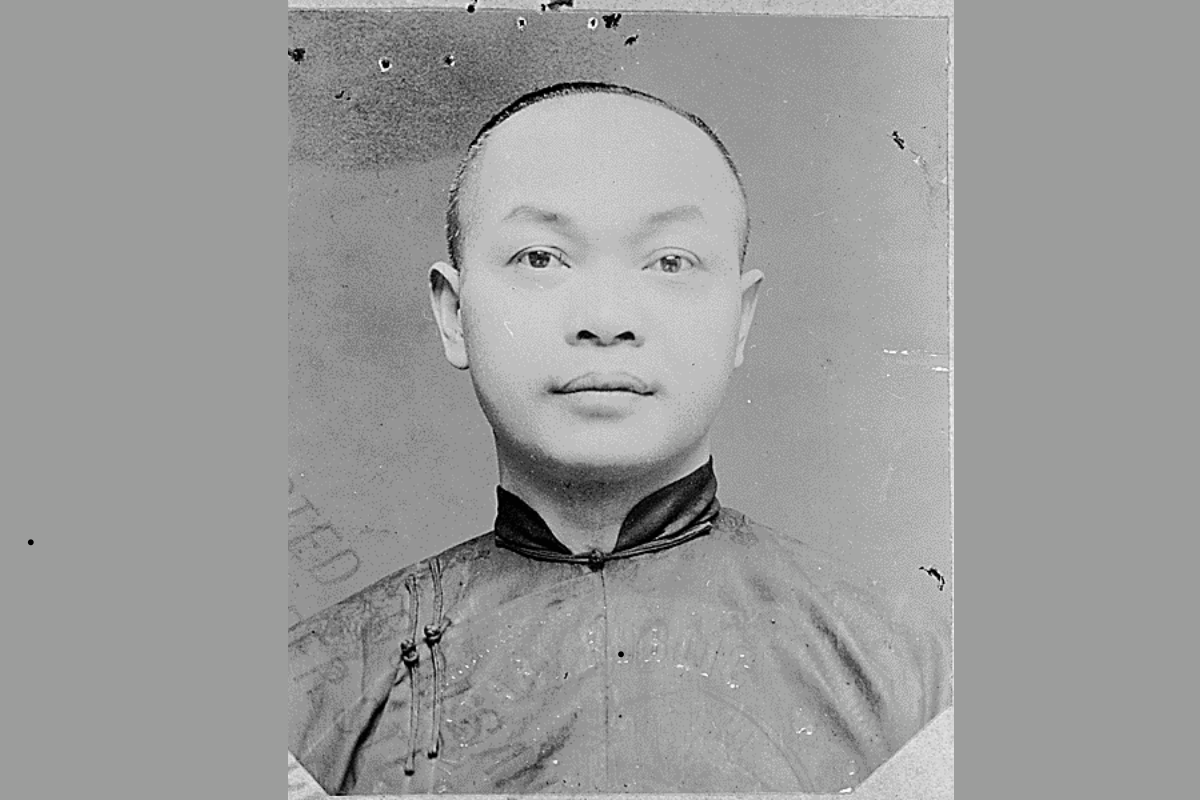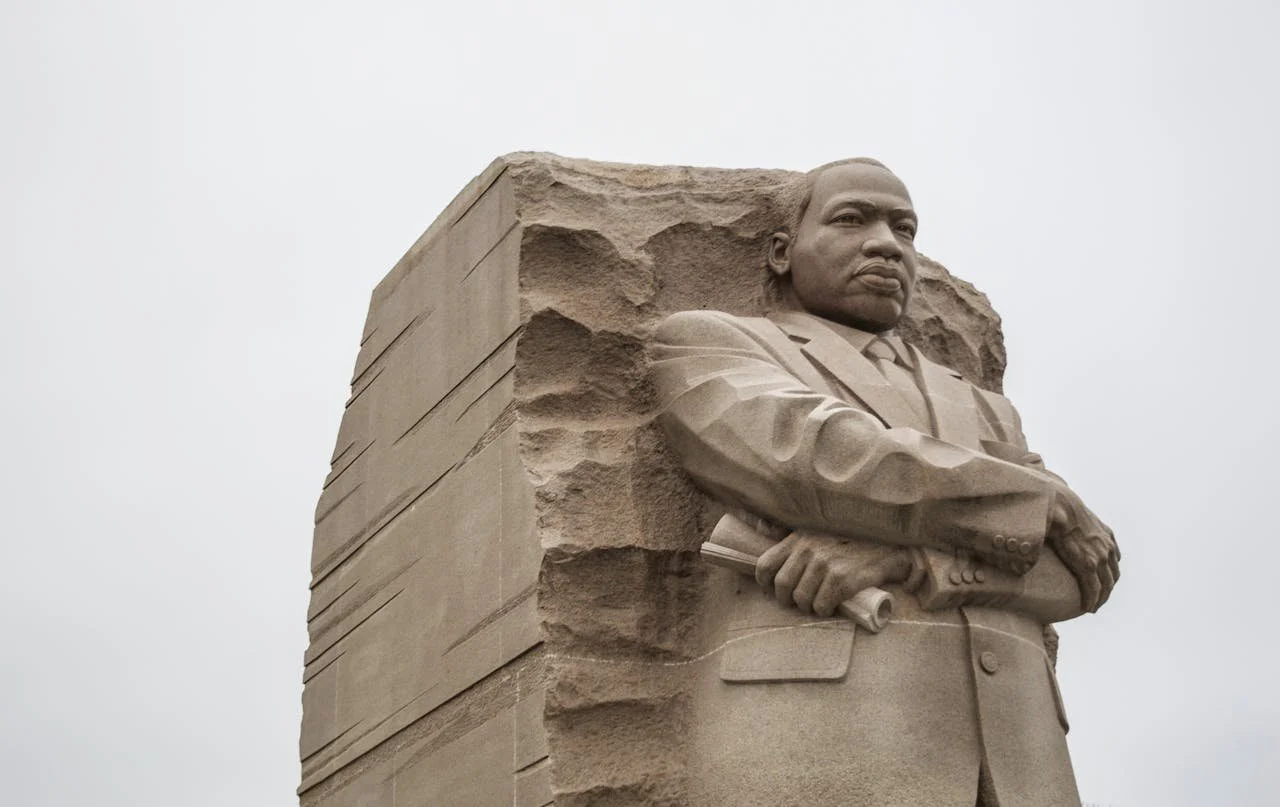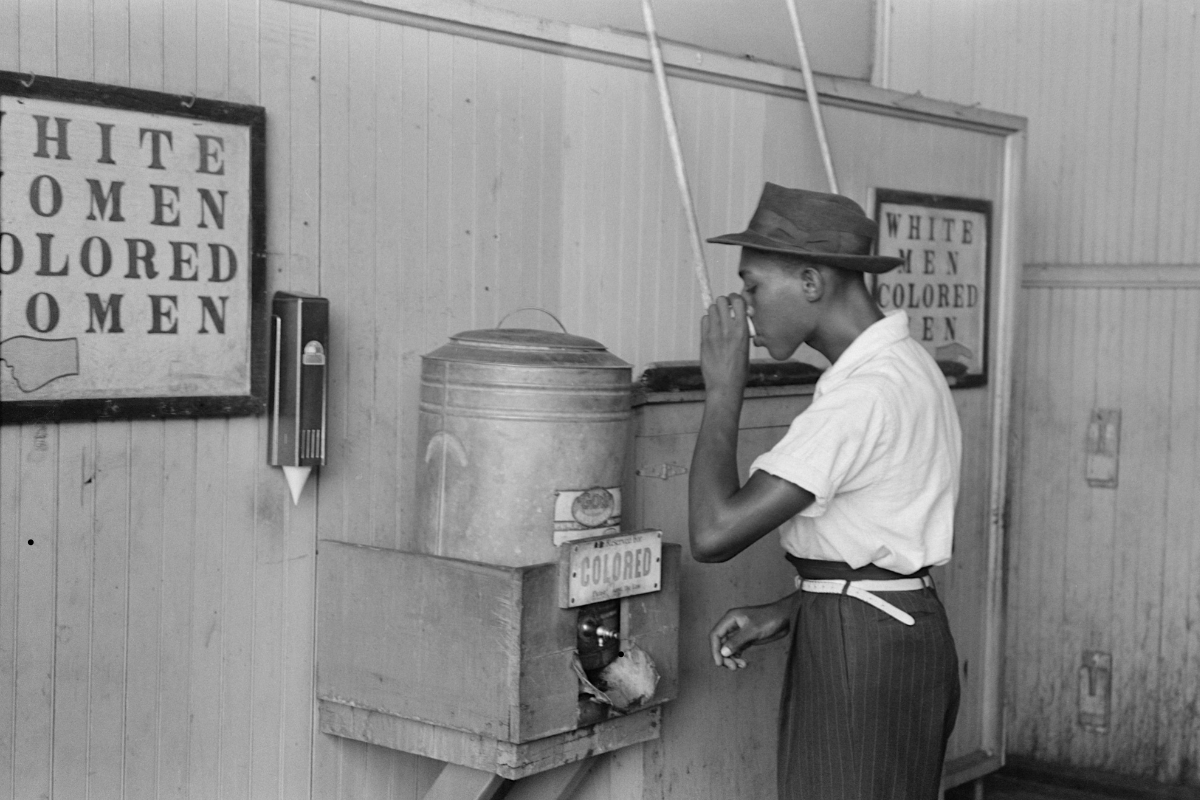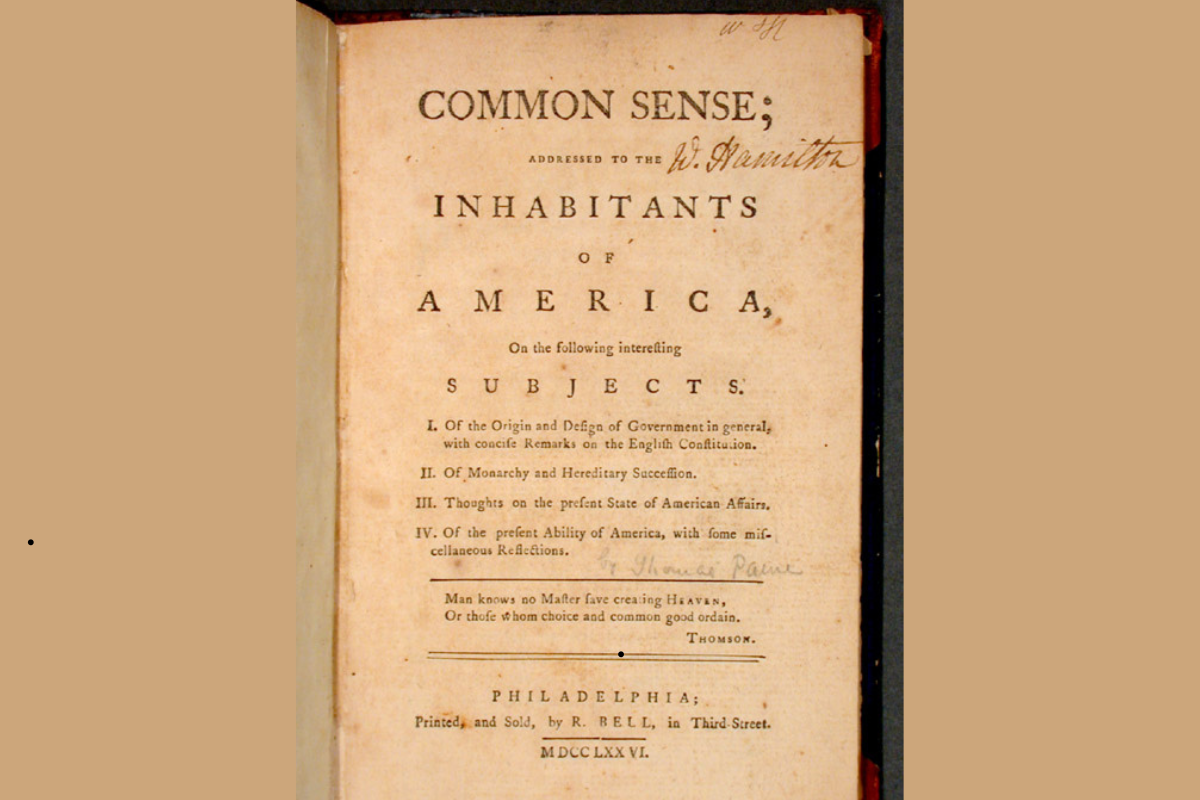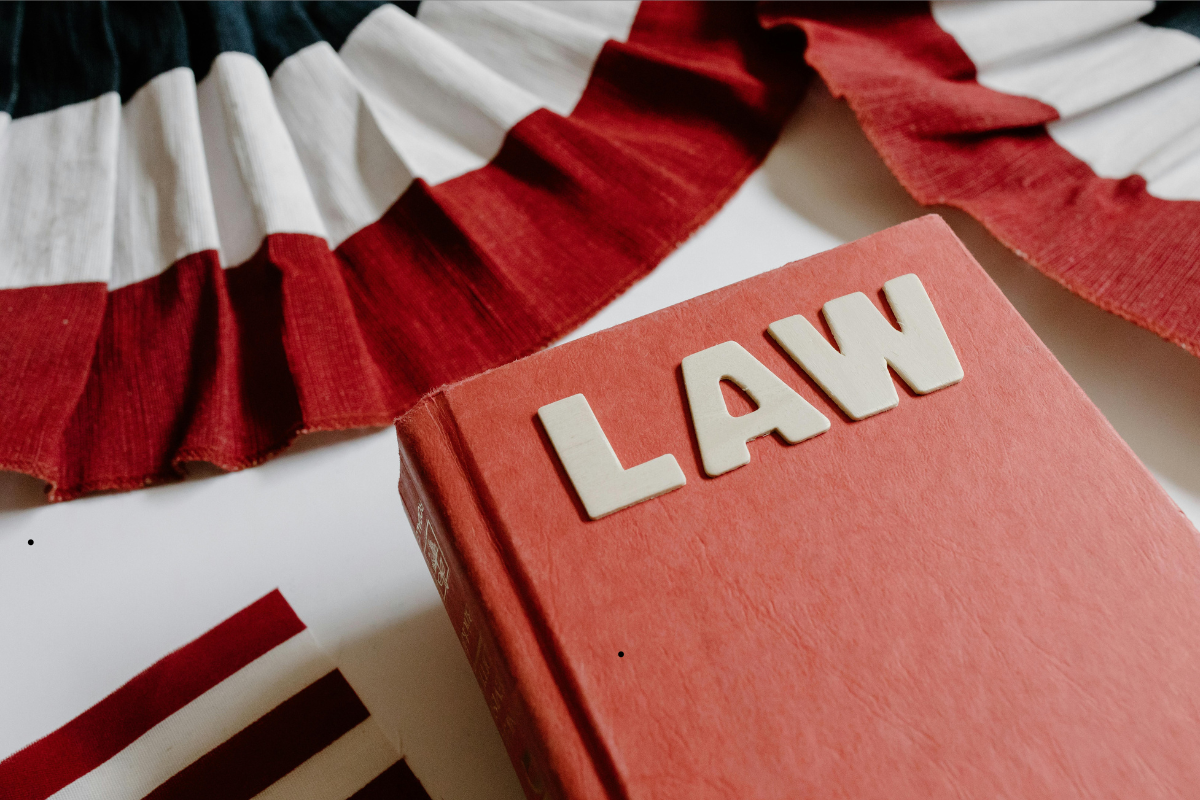
Kody W. Cooper
Dr. Kody W. Cooper is Associate Professor in the Institute of American Civics at the Baker School of Public Policy and Public Affairs, University of Tennessee-Knoxville. He is the author of The Classical and Christian Origins of American Politics: Political Theology, Natural Law, and the American Founding (Cambridge University Press, 2022) and Thomas Hobbes and the Natural Law (University of Notre Dame Press, 2018). His essays have appeared in various outlets including Newsweek, New Oxford Review, Public Discourse, Crisis, Law & Liberty, First Things, Return, and The Federalist. He lives with his wife and nine children in Tennessee. He can be followed on Twitter @DrKodyCooper.
Read Kody W. Cooper’s Essays
Featured
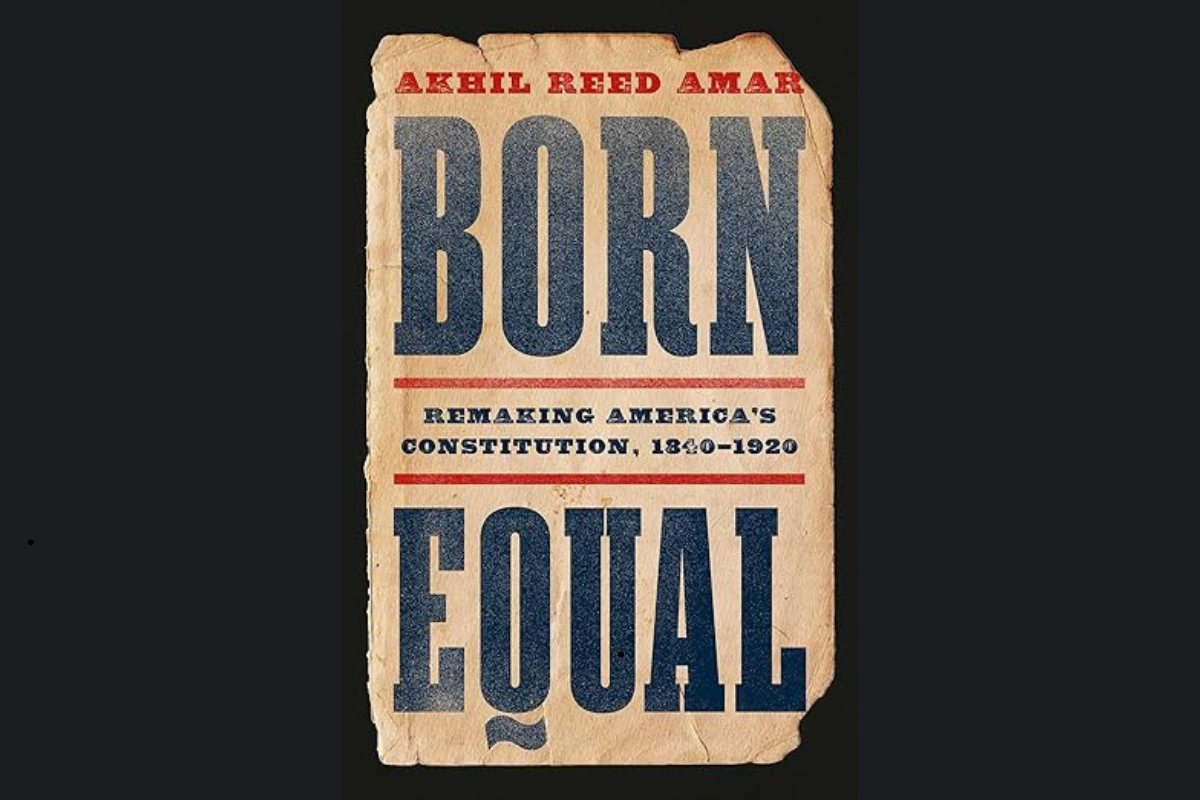
A Review: Akhil Reed Amar, Born Equal: Remaking America’s Constitution



